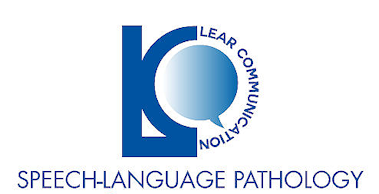Pollard et al published a research article (Journal of Speech, Language and Hearing Research, April 2009) about SpeechEasy, an electronic device that you wear on your ear designed to assist people who stutter. Its appearance resembles a digital hearing aid and is therefore small and cosmetically appealing. The device plays back your own speech so you hear yourself at a slower rate and different pitch. This mimics the effect of speaking in unison with another person, which has shown to help increase fluency in people who stutter.
The effectiveness of using SpeechEasy to reduce stuttering varies. When the device was tested in laboratory settings it generally showed positive results, especially with reading out loud. But when tested in natural conversation situations, the results ranged. Some participants reported that even though the device helped them improve their fluency, they found wearing the device to be rather annoying. Other people who were not observed to have an actual objective decrease in their stuttering, reported feeling better about their speech while wearing it, experiencing less fear and anxiety.
The authors conclude that substantial training in active fluency techniques may be needed to optimize the effectiveness of the SpeechEasy device. Unfortunately, no conclusions could be drawn about what type of person is most likely to benefit from the device either through true reduction in stuttering or simply through feeling less anxious when wearing the device, even if stuttering isn’t reduced.
In another recent investigation (Lincoln et al, October 2010), researchers found that different people responded differently to varying delays or frequency alterations and it was difficult to predict which alteration and/or delay might be effective for any given individual.
